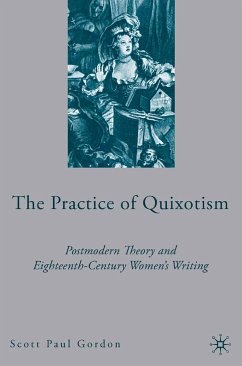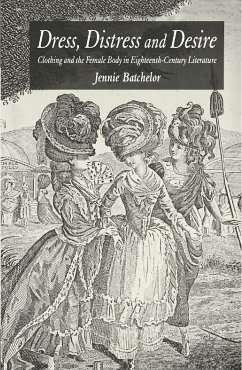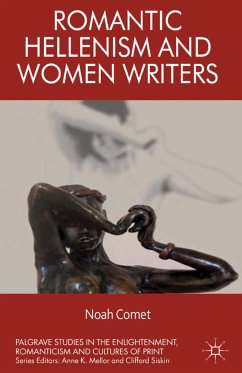Dieser Download kann aus rechtlichen Gründen nur mit Rechnungsadresse in A, B, BG, CY, CZ, D, DK, EW, E, FIN, F, GR, HR, H, IRL, I, LT, L, LR, M, NL, PL, P, R, S, SLO, SK ausgeliefert werden.
"The Practice of Quixotism is a profoundly learned, astonishingly clever, and repeatedly eye- opening book.Differentiating between orthodox quixote narratives (which ask us to believe in the possibility of waking up to the real) and those texts that foster greater skepticism toward how reality is constructed, Gordon illustrates the unexpected ways that the quixote trope was employed during the long eighteenth century in Great Britain. Through careful readings of works by Charlotte Lennox, Sarah Fielding, Lady Mary Wortley Montagu, Sophia Lee, and Ann Radcliffe, among others, Gordon offers fascinating epistemological and narrative connections.The book makes an important contribution to several fields of inquiry, simultaneously illuminating the literature of quixotes past and present theoretical controversies.Gordon convincingly demonstrates that all of us are quixotic, whether we acknowledge it or not, and shows that at least some eighteenth-century authors were wise to the problem.No previous scholar has given us such depth of perspective on the subject." - Devoney Looser, University of Missouri-Columbia"The Practice of Quixotism reflects Gordon's skill as a widely rea hermeneut, and it is a remarkable work of intellectual history and literary criticsm. By viewing the transition from Enlightenment to Romantic thought through the lenses of the quixote trope and postmodern theory, Gordon forces a reconsideration of the feminist critical consensus on works by Lennox, Lee, Sarah Fielding, and others. Through complex and subtle readings of women's writing, Gordon offers a new way to understand British culture in the long eighteenth century." - Stephen A. Raynie, Gordon College









